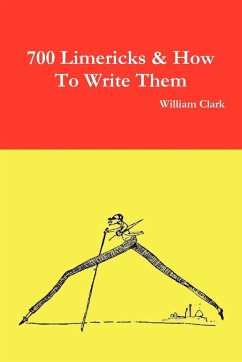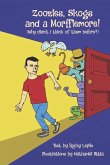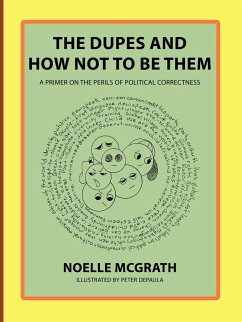The Limerick Philosophy: These limericks are written for fun, And shouldn't offend anyone. They makes your brain wriggle, And give you a giggle, Then often delight with a pun! The need for fresh, original verse is huge and ongoing: Weddings, Birthdays, Father's Day, St. Valentine's Day, St. Patrick's Day, and even remembrance. Friends appreciate the personal touch. Make someone feel special with an individually crafted poem. Your greetings cards stand out from the crowd. Twitter users discover the limerick is perfect for tweets, and how to trim your verse to fit the 140 character limit. You master the versatile limerick and succeed with all types of verse including love poems and song lyrics. This inspiring book contains over 700 examples of limericks you can use as templates to rapidly create your own. William Clark was chosen as a judge for the Hallmark Cards verse competition.








